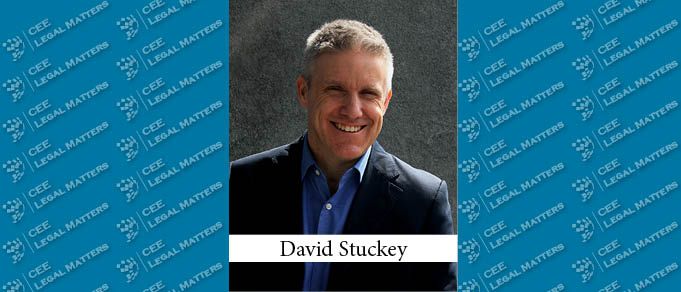I recently bought a used car, and the friendly people at the dealership gave me a three-month warranty covering most of the car. The tire pressure warning light was on when I drove the car off the lot, but they reassured me that the sensor had recently been replaced and that the light on my dashboard would turn off soon.
I was skeptical, but I got a fairly good price on the car, so I figured I could afford to have a new sensor installed on my own, if necessary, and still come out ahead. Sure enough, that light never turned off.
So earlier this week I finally got around to going to a mechanic to get the sensor replaced. Imagine my surprise when he told me that I had four different brands of tires on the car … at two different sizes. All of them needed to be replaced. On reviewing my warranty, I discovered that – surprise surprise – it does not cover tires, and the dealership did not respond to my suggestion that it help share the cost out of an enlightened business sense. As a result, my wallet was lighter by some USD 550.
There’s more. After arranging to have the tires replaced, as I backed out of my parking space, and before I could shift to “drive” … I felt an enormous thump! Looking up, I saw that a tow-truck behind me had released the car it was towing and allowed it to roll directly into my rear door, causing significant damage. The driver of the tow-truck immediately insisted the accident was my fault, claimed he had “forgotten” his insurance card, and quickly drove off. When I called the company directly to get their insurance information, they repeated abruptly that it was my fault and hung up the phone. My insurance is picking up most of the cost of the repair to the car, but not all. As a result, all told, my simple trip to get a EUR 45 tire pressure sensor ended up costing me over EUR 1000.
This unfortunate trip to the auto shop led me to think about the way businesses respond to complaints arising either from innocent accidents or deliberate choices. At CEE Legal Matters, of course, and despite our most diligent efforts, we sometimes make mistakes, ranging from innocent typos to mislabeled photos, and occasionally – though rarely – even more serious errors in the form of formatting screw-ups, inaccurate quotes, or misstatements of fact. Those affected usually reach out quickly to let us know.
And sometimes, of course, people challenge things we’ve done deliberately. An example is our regular CEE By the Numbers issue. Although we get the data for the issue directly from law firm websites, and follow that up by contacting every firm to give them an attempt to confirm or correct it, inevitably some are angered by the results, insisting that our methodology is flawed and that we should have made a more diligent effort to contact them. Similarly, each year after the CEE Deal of the Year Awards, some firms (strangely enough, almost always those that failed to win) challenge the results, insisting – even though CEE Legal Matters plays no role in choosing the winners, which are selected by panels of lawyers and based entirely on firm submissions – that we should have done more to ensure the “correct” deals won.
In any event, and whether our offence (whether real or perceived) is accidental or deliberate, firms express their disappointment to us in ways ranging from polite inquiries to resigned understanding, to testy frustration, all the way to outright anger – in the latter case, often conveyed with many exclamation points, accusations, and stern warnings provided in CAPS.
Regardless – and unlike the used car dealership and towing company in my story – what you can expect from us is a willingness to engage constructively, an acknowledgement of our failings, and a commitment to improving. When we make a mistake, we publish corrections and express our apologies, or – where appropriate – refund payments or extend other forms of compensation. Not just empty words, but concrete actions. And when the complaint arises from a deliberate action, we do our best to explain our position, politely, fully hearing and acknowledging the offended party’s disappointment.
Businesses don’t have to be bastards. We hope we’re an example of that.
Now … if I can just find EUR 1000 lying around somewhere.
This Article was originally published in Issue 6.9 of the CEE Legal Matters Magazine. If you would like to receive a hard copy of the magazine, you can subscribe here.

















